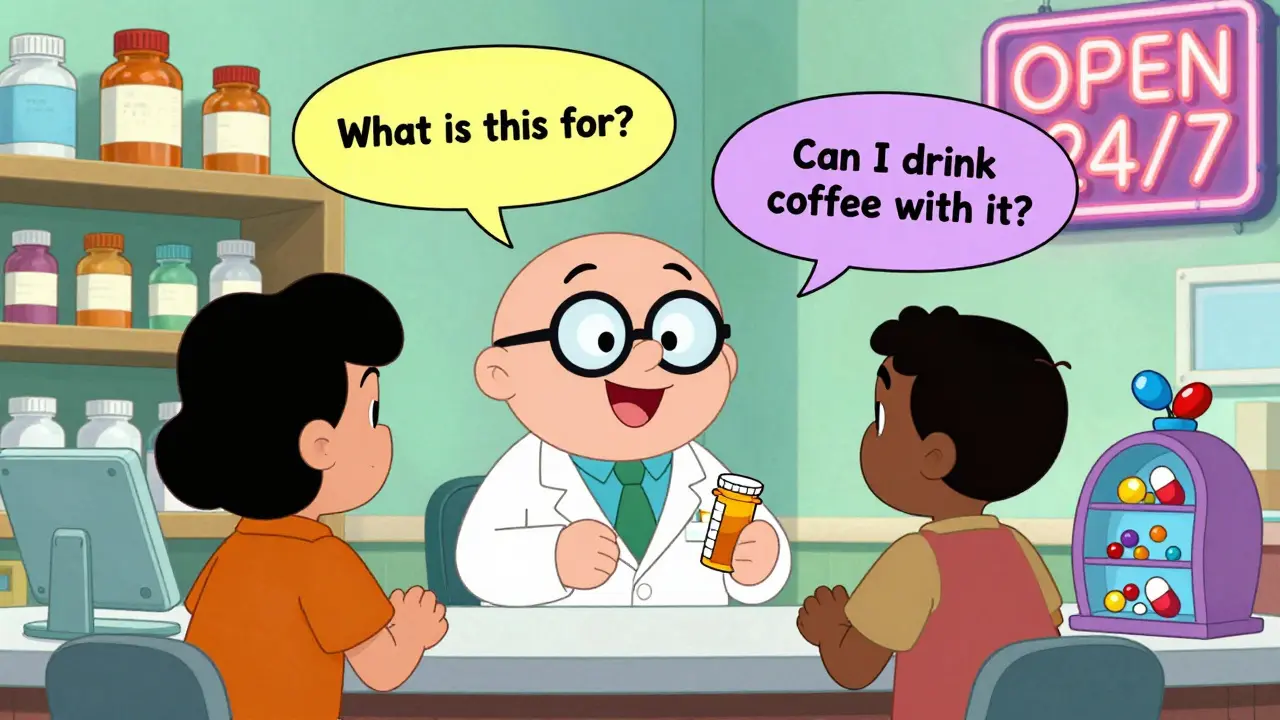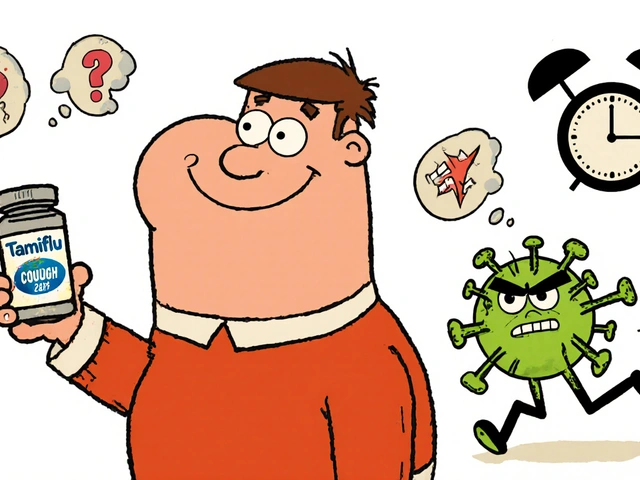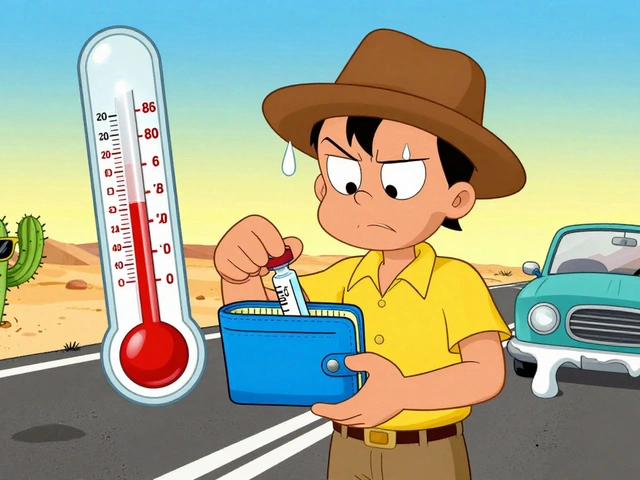Drug interactions: spot risks, avoid harm, and use meds safely
Mixing medicines isn’t just a pharmacist’s problem—it's something that can change how well a drug works or cause serious side effects. For example, combining NSAIDs like ibuprofen with blood thinners can raise bleeding risk. That kind of interaction matters whether you take prescriptions, OTC meds, or supplements.
On this tag page you’ll find easy-to-read articles about real drugs—Celebrex, Hyzaar, Celexa, isotretinoin and more—and how they behave around other medicines. Each post focuses on practical tips: which combinations to avoid, what side effects to watch for, and when to call your provider.
Quick rules to check for interactions
Follow these simple steps before you mix meds:
- Tell every provider and pharmacist all medicines, supplements, and herbals you take.
- Use a trusted interaction checker (your pharmacy app or reputable sites) to flag risky pairs.
- Avoid starting new supplements or OTC drugs without asking—some change blood levels of prescriptions.
- Watch for new symptoms after a med change: dizziness, unusual bleeding, fast heartbeat, or confusion.
These actions cut risk fast. A short call or a quick check can prevent serious problems.
Common interaction examples you’ll see in our articles
Seeing examples helps you spot trouble. Here are common interactions covered in our posts:
- Antidepressants (like Celexa) with pain meds or blood thinners — can increase bleed or serotonin risk.
- Blood pressure combos (losartan-hydrochlorothiazide) with potassium supplements — can alter potassium levels.
- Antibiotics and birth control — some antibiotics may lower contraceptive effectiveness (ask a clinician).
- Isotretinoin and vitamin A supplements — too much vitamin A raises toxicity risk.
- Antifungals or antibiotics that change liver enzymes — these can boost or cut levels of other drugs you take.
Each linked article breaks down why the interaction happens, who’s most at risk, and what safer alternatives exist.
When to seek urgent help? Go to emergency care if you have severe bleeding, sudden shortness of breath, fainting, or signs of a major allergic reaction. For less severe concerns—new rash, upset stomach, sleep changes—call your prescriber or pharmacist for advice.
Finally, keep an updated medication list on your phone and bring it to every appointment. Small habits—showing your list, checking interactions, asking questions—make drug use safer and give you more control over your health.
Want a starting point? Try articles on this tag about Celebrex interactions, Hyzaar tips, or our guides on alternatives to common drugs. They’re written for people, not clinicians, and focus on what you need to know now.





